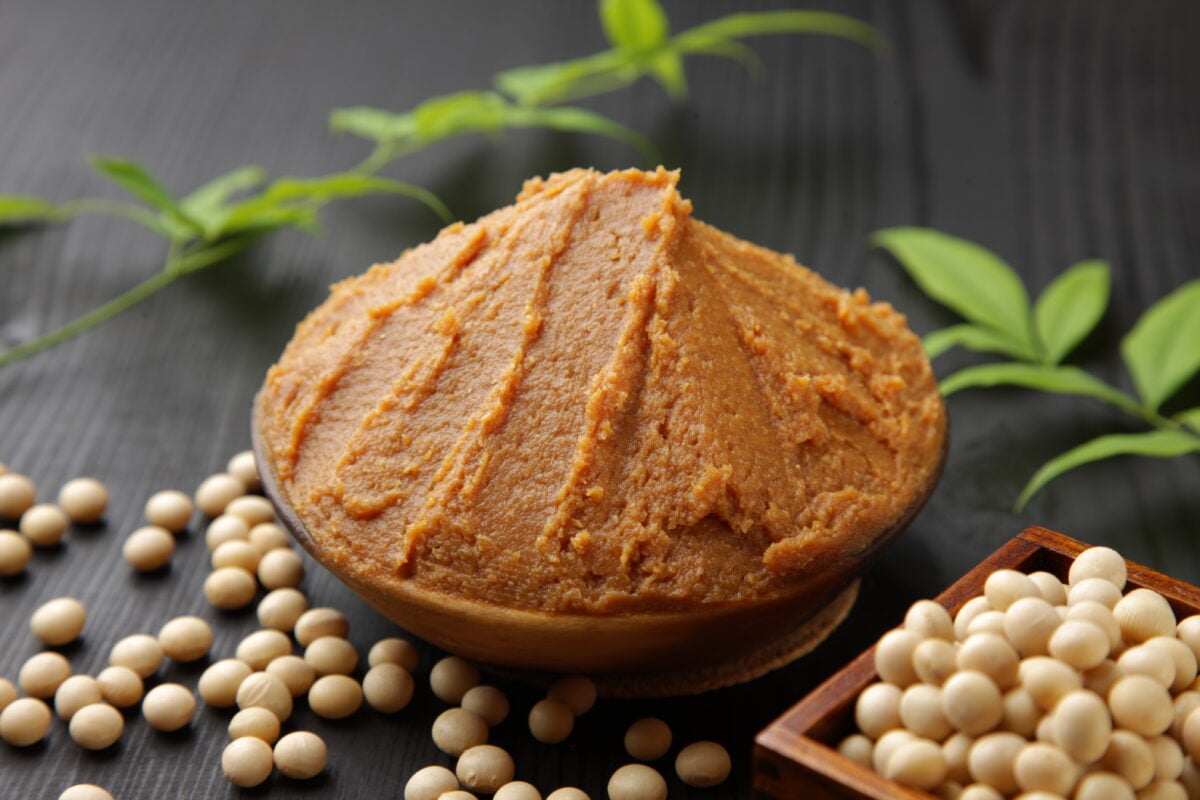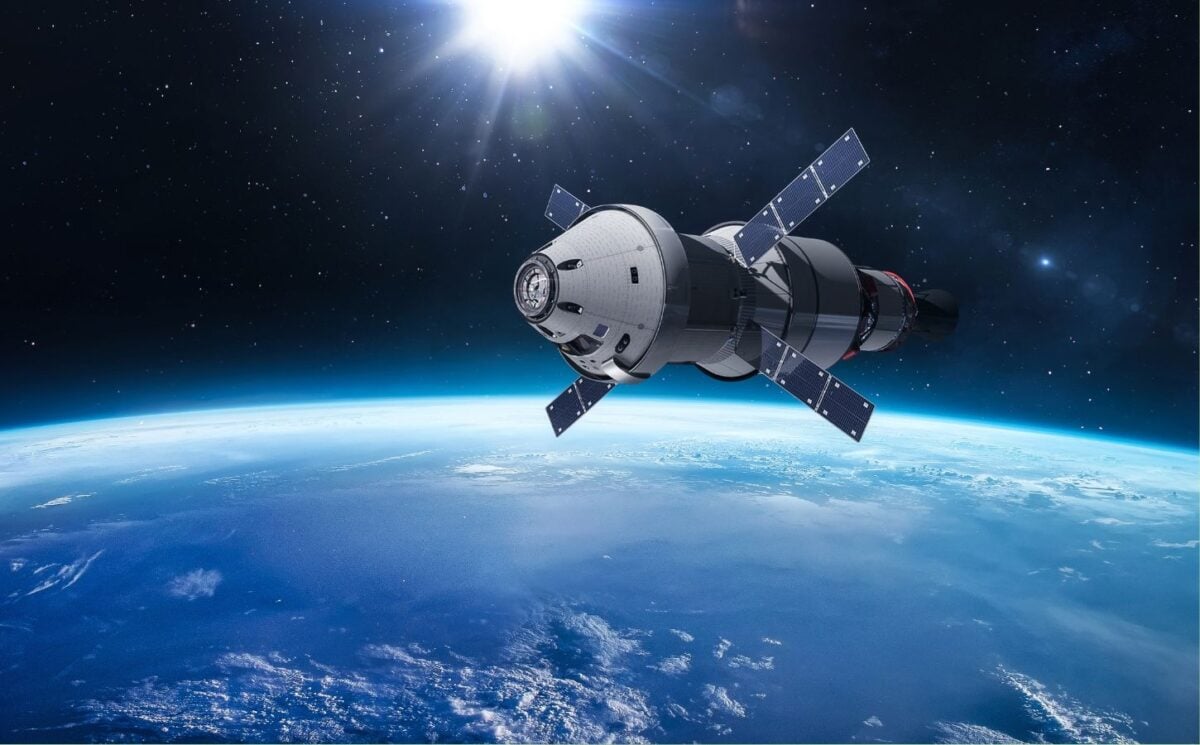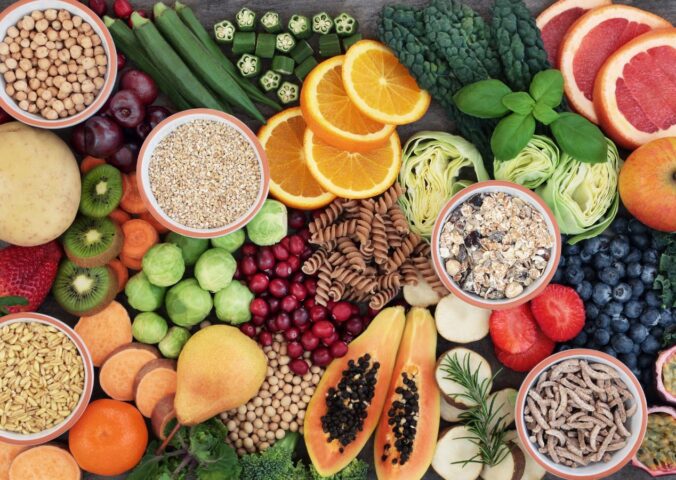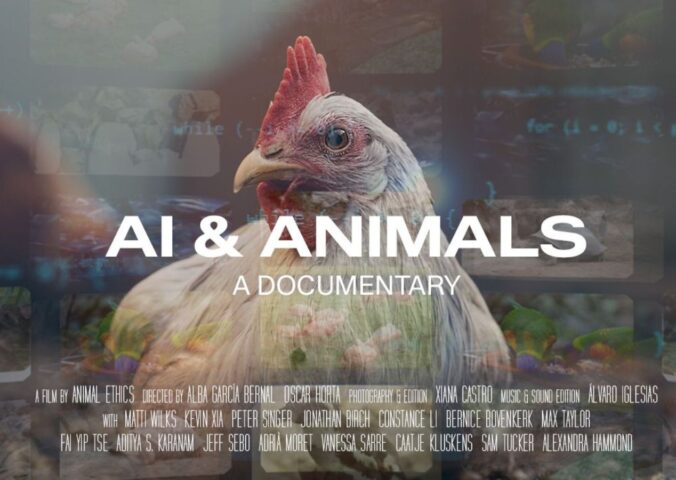The International Space Station (ISS) has successfully completed an experiment in which miso paste has been produced in outer space, widely believed to be the first deliberate food fermentation conducted on a spacecraft in orbit.
Not too far from being a real-life version of the film The Martian, the endeavor successfully created the traditional Japanese recipe made from fermented soya beans, which dates back thousands of years. A common complaint from astronauts is that the food they are able to eat while in space is bland — Joshua Evans from the Technical University of Denmark said this might “satisfy astronauts’ need for flavor” on missions to outer space.
“We were keen to investigate whether the space environment might shape fermentation processes, its microbial ecology and flavor chemistry, in specific ways,” Evans told New Scientist. “The space environment presents some fairly unique conditions – increased radiation and microgravity, in particular – which fermentation processes had not yet been exposed to.”
Before the start of the 30-day experiment, the miso mixture was divided into three segments and maintained in frozen storage. One segment embarked on a journey to the International Space Station (ISS) aboard a SpaceX rocket in March 2020, whereas the remaining two portions underwent fermentation processes in Cambridge, Massachusetts, and Copenhagen, Denmark.
Throughout its stay aboard the ISS, the miso was housed within a sensor-equipped container, which monitored key environmental parameters such as temperature, relative humidity, pressure, light, and radiation. Following a 30-day orbit, the miso was safely returned to Earth for further analysis.
‘Nutty and roasted aromas’
After personally taste-testing the miso, Evans said: “These misos looked like miso, smelled like miso and the recipe was a tried and tested one, so we didn’t feel much cause for concern. So though we hadn’t done any analysis on them at that point, we felt comfortable tasting them as our guinea pigs, participating in a long and venerable tradition of scientists experimenting first on themselves.”
He said that the space-made miso was “more pungent than the other two, with more nutty and roasted aromas and more umami taste.”
“It even looked different,” he added. “It was darker in color. All of these characteristics suggest that the fermentation process for the space miso went faster than for the earthbound controls.”
Is miso paste vegan?

At its core, the traditional Japanese seasoning miso is simply fermented soybeans with salt and kōji, a type of fungus, so is traditionally completely plant-based and vegan-friendly. This process may sometimes involve rice, seaweed, barley, or other ingredients. So, while it may often be served with fish and meats, miso paste is itself a vegan recipe traditionally. A very common way miso is consumed is in miso soup.
Health benefits of miso
As miso is made from soya beans, it is naturally high in protein and is also a healthy source of fiber. As it is a fermented food, this means it is also a beneficial source of healthy gut bacteria and improves digestion. It is also a good source of several vitamins and nutrients, including copper, zinc, and vitamin K. Some research even suggests it may reduce the risk of certain cancers. So perfect for those long days on a spaceship.






